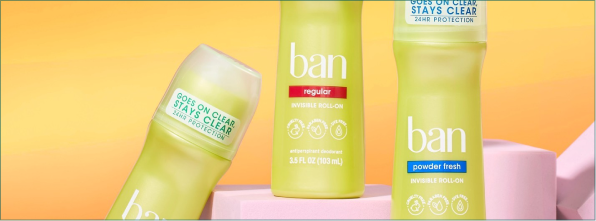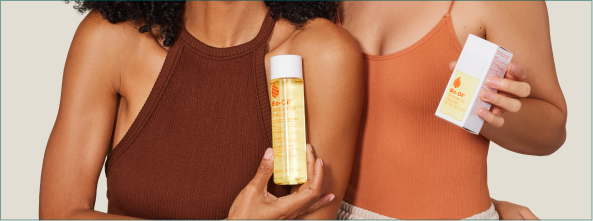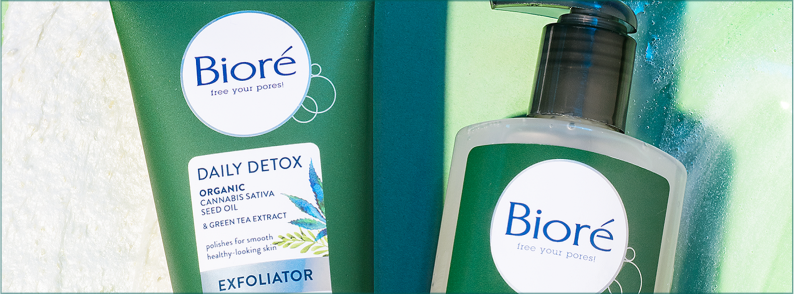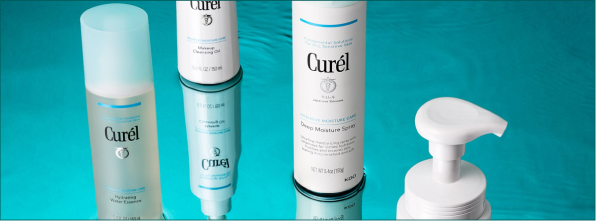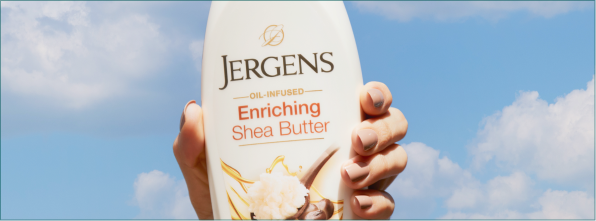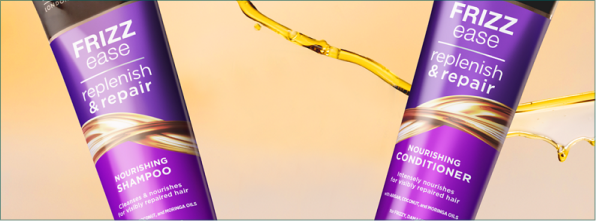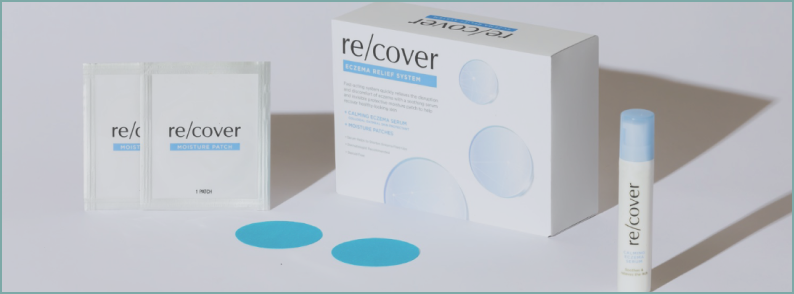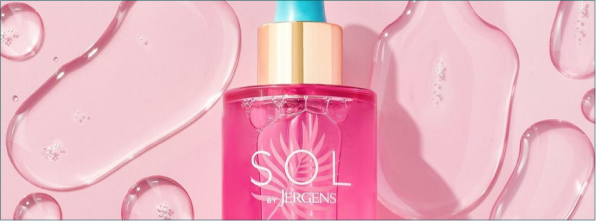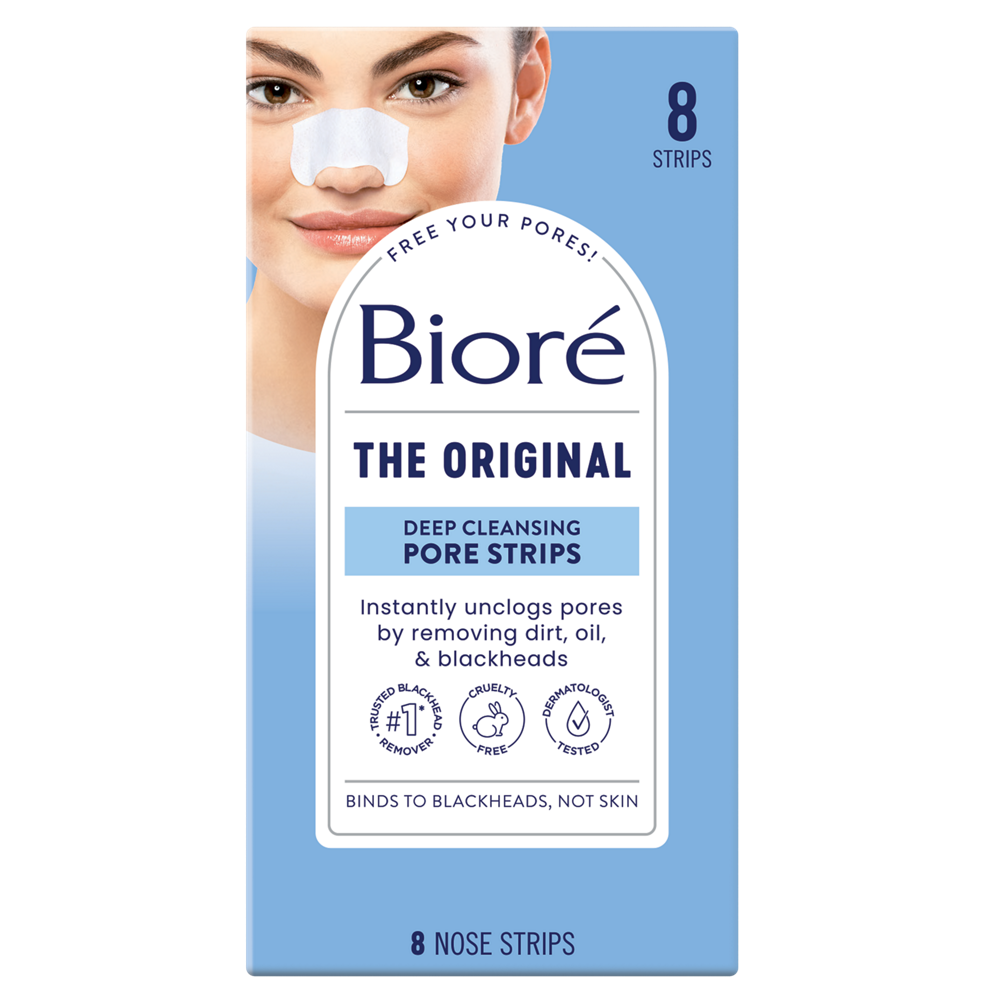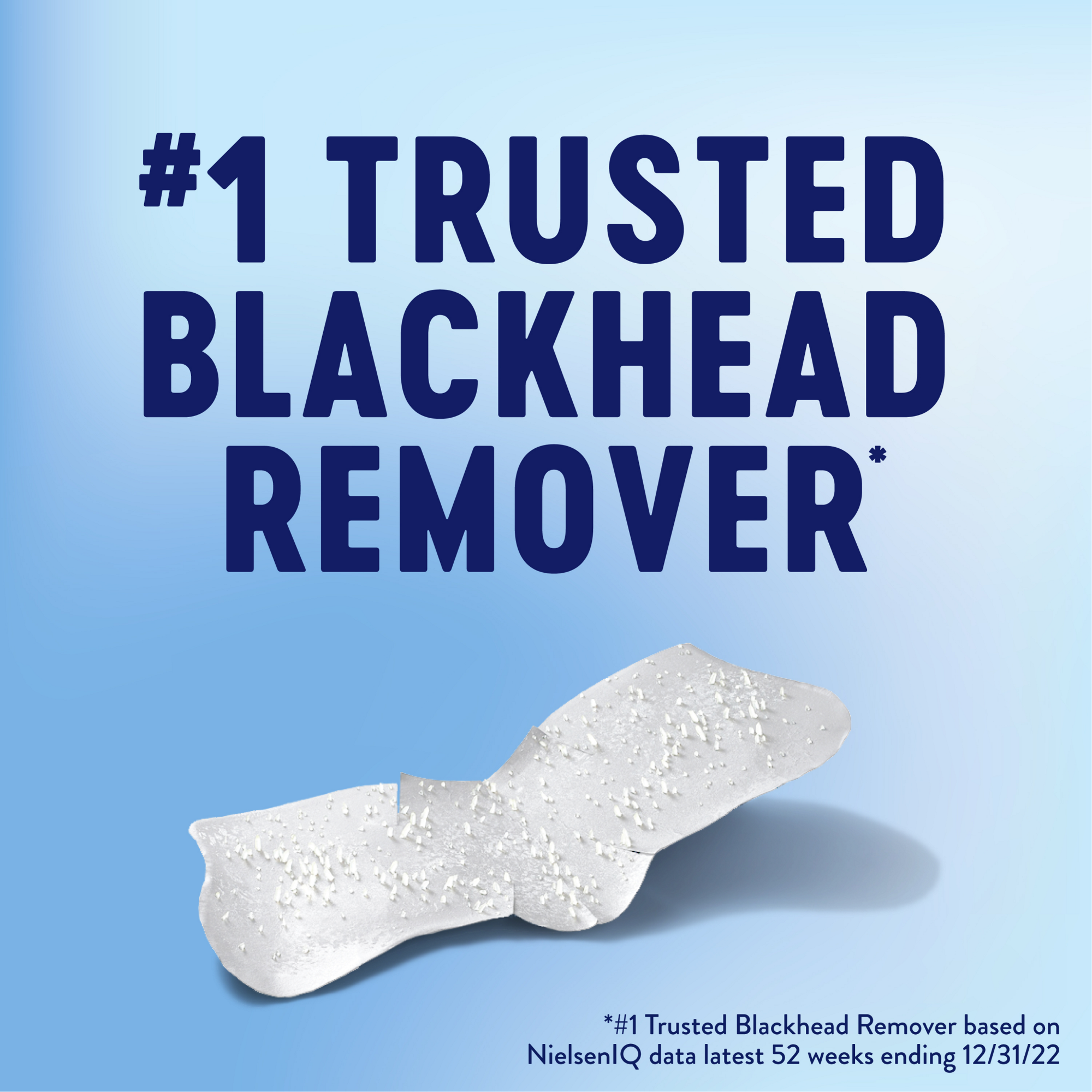How To Get Rid of Acne

Almost everyone experiences acne at some point in life. For most people, this occurs during adolescence, but it can also affect adults. Nevertheless, the fact that acne is common doesn't make it any less annoying when it does occur. Fortunately, there are treatments to help prevent acne and home remedies to help get rid of it. Learning what it is and what causes it can help you understand how to get rid of acne.
What Is Acne?
There are several different types of acne, but the most common type of acne is acne vulgaris, which includes the red pimples people typically associate acne with, blackheads, and whiteheads. In addition, blackheads and whiteheads are inflammatory types of acne.
“There are several different types of acne, but the most common type of acne is acne vulgaris, which includes the red pimples people” typically associate the skin condition with, blackheads, and whiteheads. In addition, blackheads and whiteheads are inflammatory types of acne.
On the other hand, red pimples occur when dead skin cells and sebum clog the pore, leading to p. acne bacteria. The redness comes from the process of white blood cells fighting the bacteria.
Some causes of acne include:
- Hormonal changes during puberty trigger the sebaceous glands to start working overtime. As a result, hair follicles are more likely to clog with excess sebum, hence acne most often affects adolescents.
- Emotional stress can contribute to breakouts.
- Failure to clean the face well can cause pores to clog up more quickly. Heavy makeup can also get stuck in hair follicles and contribute to clogging.
How To Get Rid of Acne Fast
Because acne is triggered partly by emotional stress, you may find that you experience breakouts right before important events. Ironically, this can add to the stress you are experiencing and could make the problem worse. It can be tempting to get rid of the pimples quickly by squeezing or popping them, but this is the worst thing you can do. For one thing, while popping gets rid of the pus, the redness and irritation persist. In addition, squeezing pimples damages the skin, leaving it vulnerable to further infection and potentially forming permanent scars.
There are ways to reduce the appearance of these symptoms while waiting for your acne to resolve itself.
Medicated Spot Treatments
Topical ointments or gels containing hydrocortisone or benzoyl peroxide may effectively treat acne. Hydrocortisone helps calm inflammation, while benzoyl peroxide fights the bacteria. There are over-the-counter products containing benzoyl peroxide or 1% hydrocortisone. However, if your acne is severe, it may be possible to obtain a prescription for stronger concentrations from a dermatologist.
Aloe Vera
Gel from the leaves of an aloe vera plant helps promote wound healing and prevent bacterial growth. If you have an aloe vera plant handy, you can break off one of the leaves to get to the gel or buy gel that has been extracted and bottled commercially. In either case, you can rub it gently on the affected skin to help heal pimples.
Green Tea
Green tea contains antioxidants and tannins that help fight bacteria and reduce inflammation. It may also help prevent pimples in the long run by decreasing sebum production over time. Follow these step-by-step instructions to use green tea for pimples:
- Steep the tea and let it cool.
- Use a gentle spritz or cotton ball to apply it to the affected skin.
- Leave on for 10 minutes, then rinse.
Ice
Ice causes the blood vessels in the skin to constrict, reducing swelling. You can use this treatment after washing and drying your face. To avoid tissue damage:
- Wrap a single ice cube in a cloth and apply it to the affected area for one minute at a time.
- Give your skin a couple of minutes to recover before re-applying the ice cube.
- Repeat the cycle until the ice cube has melted.
Tea Tree Oil
Tea tree oil is a powerful agent for fighting bacteria and reducing inflammation. However, it can irritate the skin if not used carefully. Do not apply tea tree oil directly to the skin. Instead, dilute it by placing one drop in a teaspoon of carrier oil and applying it delicately.
Top Tips for Preventing Acne
Figuring out how to treat acne can be tricky because some factors that contribute to it are beyond your control, such as age, sebum production, and genetic predisposition. However, a regular skincare routine can help keep your skin clear by removing built-up oil and skin cells that cause hair follicles to clog. Here are some recommended treatments for your skincare routine:
- Skin cleanser with salicylic acid.
- Toner.
- Exfoliant because it removes oil and dead skin cells from the pores.
- Moisturizer to restore the balance of fluids in the skin.
Because the interaction of a complex set of factors can contribute to breakouts, other lifestyle changes may help get rid of pimples.
Try a Low-Glycemic-Load Diet
A low-glycemic-load diet cuts down on carbohydrates that can cause your blood sugar to spike during digestion. In addition, research suggests eating refined carbohydrates, such as processed sugars and grains, can increase the risk of developing acne.
Exercise Regularly
Regular exercise helps to equalize blood sugar levels. This should help you prevent hormone spikes that seem to be related to acne breakouts.
Reduce Stress
Breakouts are often linked to hormonal changes. For example, when you are stressed, your body produces more of the stress hormone cortisol, which can make acne worse. Regular exercise helps relieve stress, as do music, journaling, high-quality sleep, yoga, and meditation. Adopting one or more of these practices can help keep your stress at a manageable level.
Eat Fewer Dairy Products
The relationship between dairy consumption and acne has been scientifically studied. There is a recognizable correlation between the two, meaning that young people who consume more dairy tend to have more breakouts. Still, a cause-and-effect relationship between the two has not yet been established.
Key Takeaways
- Acne is caused by a buildup of dead skin cells and sebum that leads to p. acne bacteria and inflammation when white blood cells fight it off.
- A regular skincare routine including salicylic acid or benzoyl peroxide can help prevent acne, along with certain lifestyle changes.
- Popping or squeezing pimples is not how to get rid of acne as it could cause worse problems. However, there are better ways of getting rid of it quickly.
